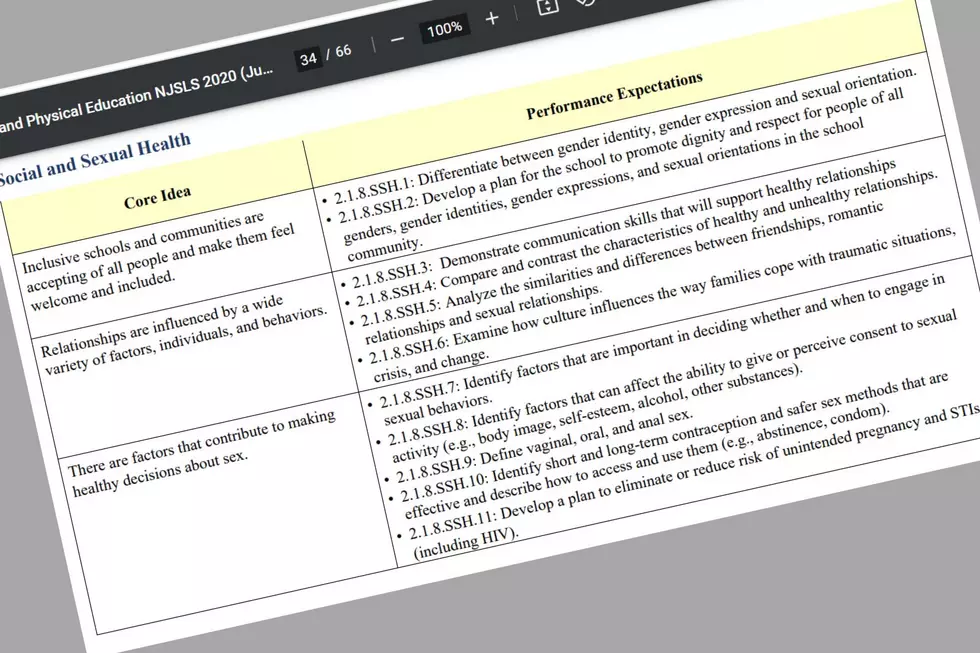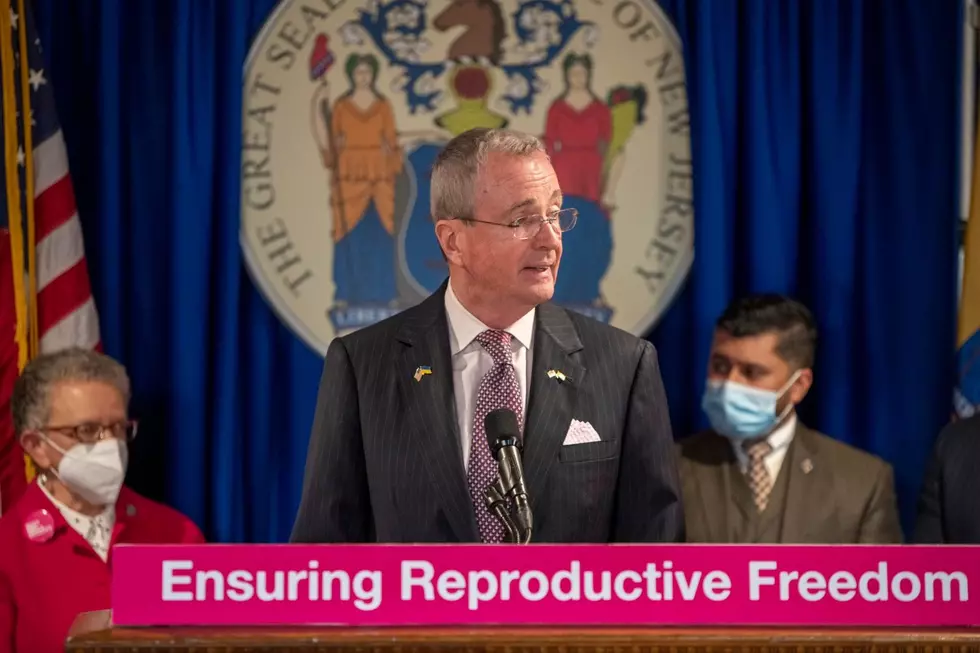
NJ putting aside $3.7B to pay down and avoid more state debt
TRENTON – Among the budget-related bills advancing in the Legislature in conjunction with the spending plan is one creating a $3.7 billion “Debt Defeasance and Prevention Fund,” a bid to put a dent in the state’s nearly $50 billion in bonded debt.
“Probably the most important bill today, after the budget,” said Sen. Paul Sarlo, D-Bergen.
“Listen, I know it’s not perfect, but I’ll put this in perspective: $2.5 billion in a lockbox that will pay down debt through JBOC,” Sarlo said. “Another $1.2 billion that will be used for infrastructure related type of investments, long-term investments. Again, has to go through JBOC.”
JBOC refers to the Joint Budget Oversight Committee, a panel of six lawmakers – four Democrats and two Republicans – that has to sign off on midyear budget transfers and other financial maneuvers above a certain size. Lawmakers negotiated with Murphy to get more say over budget decisions, including the appropriation of federal aid.
Sen. Steve Oroho, R-Sussex, said there’s no good reason why the Murphy administration couldn’t identify for the Legislature now which debts will be retired and defeased.
“The debts outstanding is known. I think we could have before us a listing of what the treasurer, the debt that’s going to be defeased,” he said. “I don’t think that that’s a hard thing to do. Unfortunately, I think we could have had that before us.”
Add in non-bonded obligations for things such as pensions and health benefits for retirees and the state’s overall debt topped $204 billion as of mid-2020.
“We have supported the idea of debt defeasance, the idea of putting extra money into the pension plan because it’s a high-interest debt type of thing,” Oroho said. “But these are things that we can know today if the administration put them right before us.”
The budget puts around $6.9 billion into the pension fund next year. The original budget plan provided $6.4 billion, which represented a full payment for the first time in more than two decades, and that was expanded by $505 million as part of lowering the anticipated rate of return to a more conservative 7%.

The $3.7 billion amount reflects the amount of money the state borrowed through the COVID-19 Emergency Bond Act last November, when it appeared state revenues would be battered by the pandemic. Instead, they’ve exceeded expectations.
The state received $4.3 billion in proceeds from the borrowing, but around $600 million of that was described as a premium bond-holders agreed to pay up front, in exchange for the 12-year debt that cannot be repaid early.
Michael Symons is State House bureau chief for New Jersey 101.5. Contact him at michael.symons@townsquaremedia.com.
Check Out the Best-Selling Album From the Year You Graduated High School
LOOK: Here is the richest town in each state
More From New Jersey 101.5 FM









